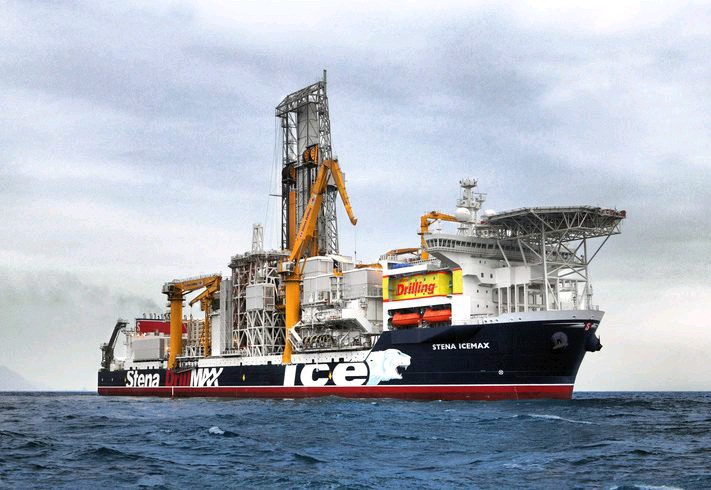Read more
Just after Christmas, President Macky Sall of Senegal inaugurated the long-delayed railway line linking Dakar to the new city of Diamniadio. The new service can transport over 100,000 people across the 36km between Dakar and Diamniadio, and currently counts 14 stations. It will ultimately link Dakar to the Blaise-Diagne International Airport (AIBD) in less than 1h. The €1bn project is a cornerstone of Macky Sall’s infrastructure development strategy and is seen as critical to decongest Dakar’s peninsula. The service is called “Train Express Regional”, or TER, after the commercial brand of France’s railway company SNCF. It is the first such train to operate in Africa. France’s participation via the SNCF and the RATP had been announced by President Macky Sall back in 2016. A Framework Agreement had eventually been signed covering the operations & maintenance of the TER by both French companies. The new operating company, called SETER, counts SNCF’s subsidiary Keolis and RATP’s subsidiary RATP Dev. as shareholders. The project was built by a consortium of Eiffage of France, Yapi Merkezi of Turkey and Senegal’s Compagnie sahélienne d’entreprises (CSE). Its systems and technology were conceptualized and developed by French companies Engie and Thales and include the ERTMS2, one of the world’s most sophisticated rail traffic management system. The trains themselves were manufactured and delivered by French contractor Alstom.
Earlier this week, New Fortress Energy executed a non-binding Memorandum of Understanding (MoU) with the Islamic Republic of Mauritania for the development of the offshore Banda gas reserves into a new energy hub. The project could be commissioned as early as 2024 and would entail the production of natural gas, power, liquefied natural gas (LNG) and blue ammonia for the domestic and export markets. The Banda gas field was discovered by Woodside Energy back in 2002 but was never developed. Reserves are located 60km offshore Nouakchott and are estimated at 1.2 Tcf. Until recently, Tullow Oil was the operating partner of the Banda and Tiof fields, and an equity partner in the Chinguetti oil field were production ceased at the end of 2017. Tullow Oil is currently decommissioning the Chinguetti field and is fully abandoning the Banda and Tiof fields, where five wells and two side-tracks were drilled. Under the MoU signed with the Ministry of Petroleum, Mines and Energy this week, New Fortress Energy will deploy its Fast LNG liquefaction technology to produce LNG for Mauritania’s domestic gas and power markets and for exports. Natural gas will notably be supplied to the existing 180 MW Nouakchott Nord thermal power plant owned by state-utility Somelec, along with a new 120 MW gas-to-power plant. Nouakchott Nord was commissioned in 2015 and relies on 12 turbines with a capacity of 15 MW each, able to run on heavy fuel oil or natural gas. By developing the Banda gas reserves, Mauritania expects to switch its biggest power plant to cleaner fuels while expanding its power generation infrastructure. “The memorandum paves the way for the launch of the necessary technical and commercial feasibility studies for the development of the field and the construction of the new power plant, as well as commercial negotiations to reach the project’s contractual framework, including the power purchase agreement,” said the Ministry of Petroleum, Mines and Energy on its website.

